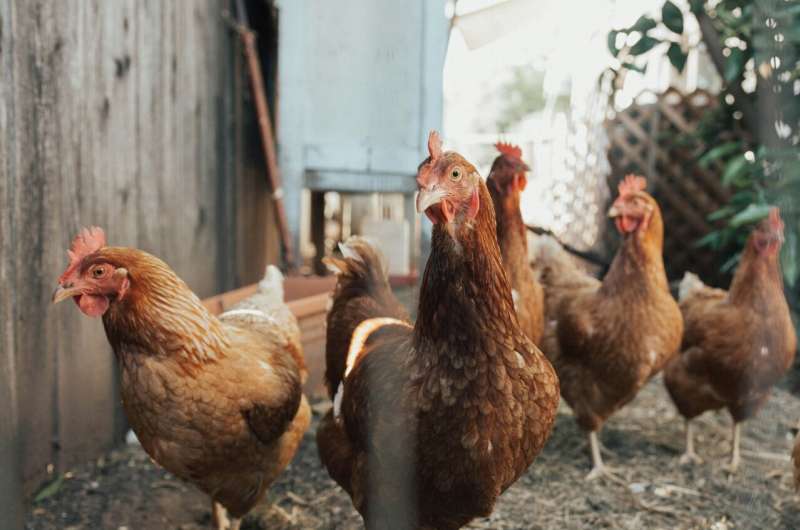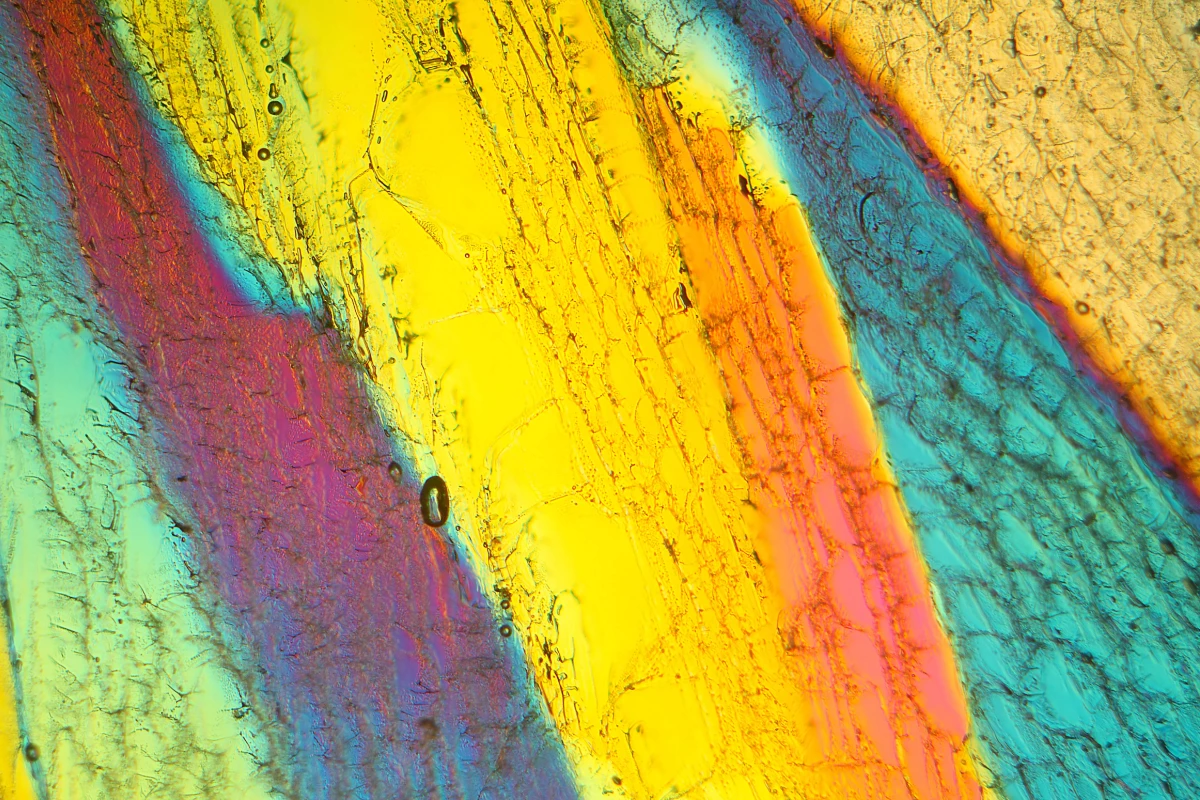A study published in Microbiology Spectrum has demonstrated that antimicrobial peptides can effectively combat Salmonella infections in chickens, offering a promising alternative to traditional antibiotics. This finding, released on November 3, 2025, highlights the potential of these peptides to enhance food safety and public health by reducing the incidence of foodborne illnesses linked to poultry products.
The research team, led by Gireesh Rajashekara, a professor and associate dean for research at the University of Illinois Urbana-Champaign, aimed to identify viable alternatives to antibiotics that could tackle Salmonella infections. Salmonella is recognized as a significant cause of foodborne illnesses, particularly in the United States, where chicken and related products are among the primary sources of infection for consumers.
Antimicrobial peptides are short chains of amino acids known for their ability to kill harmful bacteria without promoting antibiotic resistance. In their study, researchers identified specific peptides that demonstrated effectiveness against various strains of Salmonella in laboratory settings. Subsequently, they confirmed that these peptides could also reduce Salmonella loads in chickens, indicating their potential application in real-world poultry farming.
Key Findings and Future Directions
The peptides’ antibacterial properties are attributed to their interaction with the membranes of Salmonella bacteria. Notably, the study revealed that these peptides maintain their efficacy even after exposure to heat and protease treatments, characteristics essential for practical use in the poultry industry.
“We identified two antimicrobial peptides that kill many different types of Salmonella and also reduce Salmonella load in chickens,” Rajashekara stated. “This study could provide a framework for developing and using antimicrobial peptides to control Salmonella in chickens, thereby promoting food safety and public health.”
The researchers plan to expand their investigation by testing these antimicrobial peptides on a larger scale within chicken populations, optimizing their delivery methods via water or feed, and further exploring additional peptides for their anti-Salmonella properties.
The implications of this research extend beyond the poultry industry. By potentially mitigating the reliance on antibiotics, these antimicrobial peptides could play a crucial role in addressing the rising concern of antibiotic resistance, a significant public health challenge globally.
For more information on this groundbreaking study, visit Microbiology Spectrum [doi.org/10.1128/spectrum.01848-25](https://doi.org/10.1128/spectrum.01848-25).







